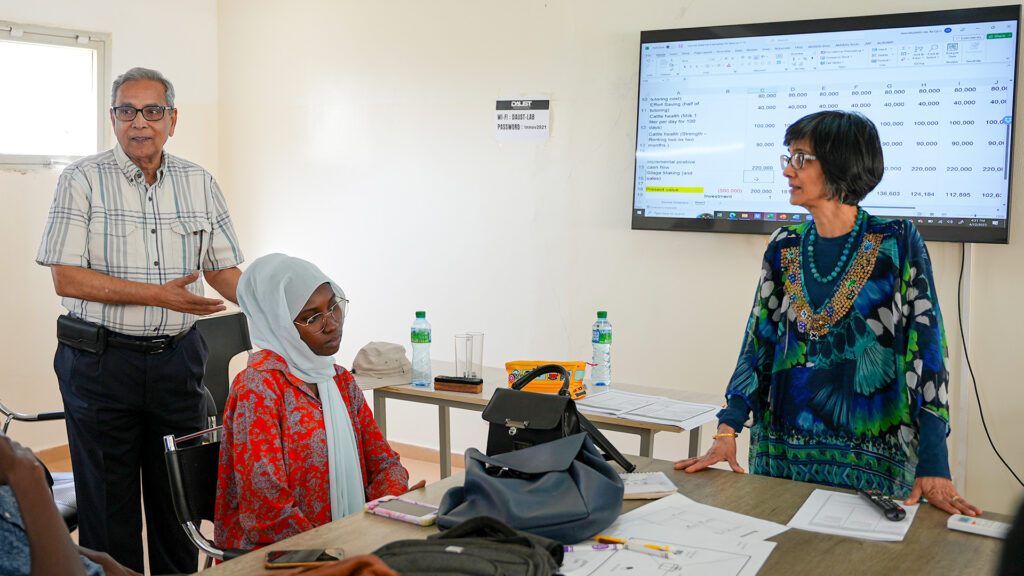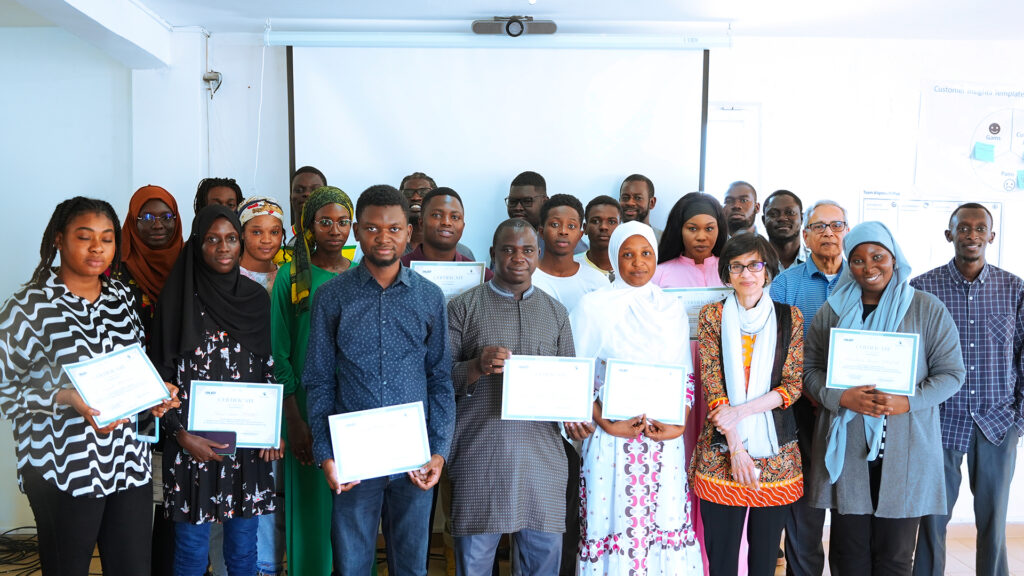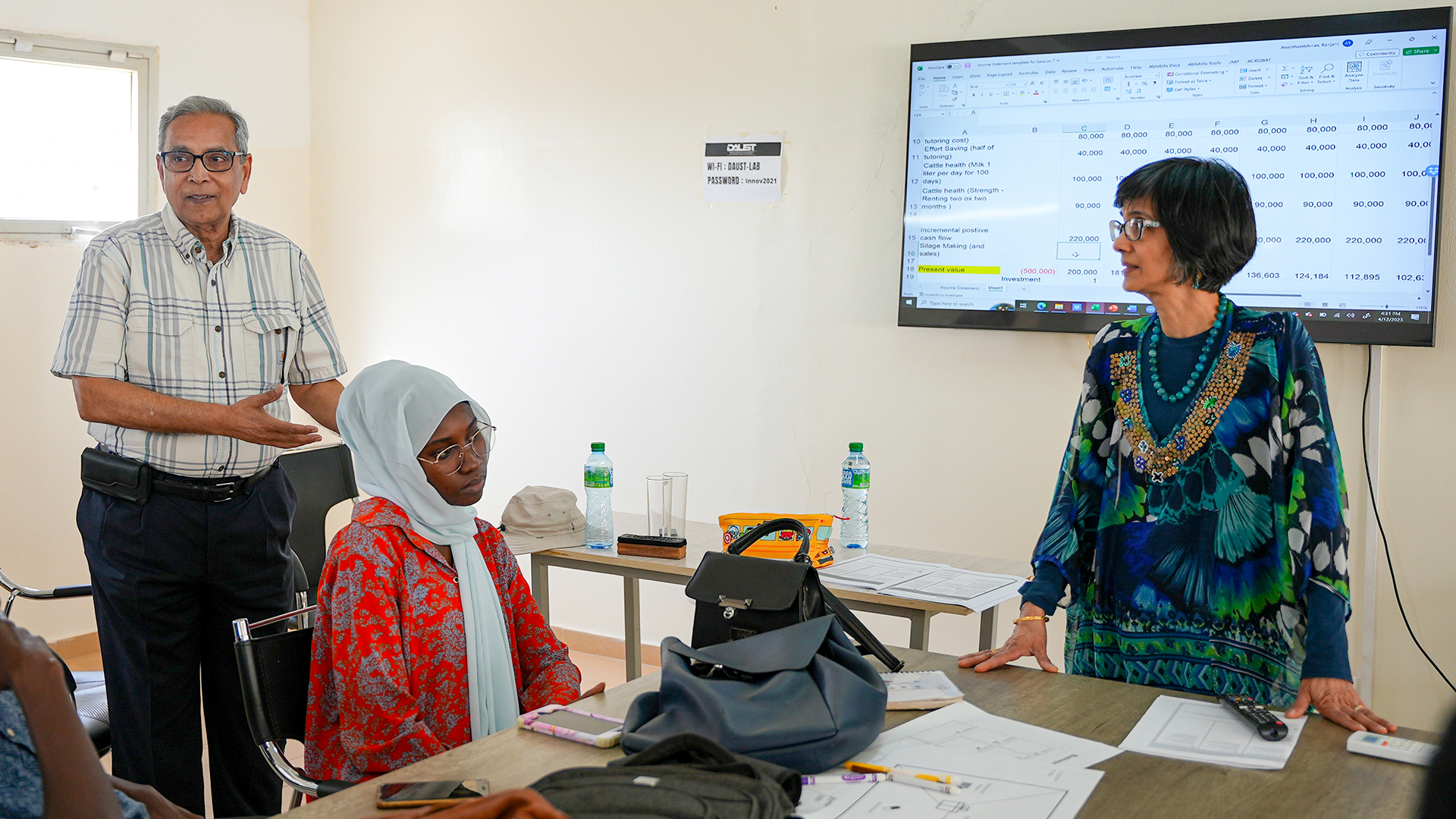The agricultural sector is one of the most significant contributors to a country’s economy, and with the increasing global population, the demand for food is only going to grow. As a result, there is a need for efficient and innovative ways of farming to meet the growing demand. One way to achieve this is through mechanization. Mechanization in agriculture involves the use of machines and equipment to perform various farm operations.
In SSA, 70% of farming operations are completed manually, about 20% by animal draft power, and only 10% by mechanized power. Low level of mechanization in SSA is the primary reason why farm productivity has remained low as compared to that in south Asia and China. Among challenges facing mechanization, farm size is the leading cause of low level of mechanization as small holder farmers are unable to afford farm machines. An agricultural service provider (ASP) model holds much promise to mechanized African agriculture. With the advancement in technology, there has been a significant increase in the use of mechanization in agriculture. The development of agricultural service providers (ASPs) who offer mechanization services has been on the rise. ASPs provide farmers with access to machinery and equipment that they may not be able to afford, thus improving productivity and efficiency in farming.

 One of the key takeaways from the training program was the importance of understanding the local agricultural landscape in Senegal and Africa wide. The experts stressed the need for ASPs to have a good understanding of the crops grown in their area, the farming practices, and the challenges faced by local farmers. This knowledge is essential in determining the type of machinery and equipment to invest in and the services to offer.
One of the key takeaways from the training program was the importance of understanding the local agricultural landscape in Senegal and Africa wide. The experts stressed the need for ASPs to have a good understanding of the crops grown in their area, the farming practices, and the challenges faced by local farmers. This knowledge is essential in determining the type of machinery and equipment to invest in and the services to offer. Another important lesson was the need for proper maintenance and repair of machinery. The experts highlighted the high cost of machinery and the impact of breakdowns on the ASPs’ bottom line. The participants were trained on how to carry out routine maintenance, identify and fix common problems, and when to seek professional help.
Another important lesson was the need for proper maintenance and repair of machinery. The experts highlighted the high cost of machinery and the impact of breakdowns on the ASPs’ bottom line. The participants were trained on how to carry out routine maintenance, identify and fix common problems, and when to seek professional help.
 At the end of this intense week of training, certificates of completion were given to the twenty five participants, and course manuals on which they can refer in order to strengthen their training and future capacity in the field of Developing Mechanization Based Agricultural Service Provider (ASP) Business.
At the end of this intense week of training, certificates of completion were given to the twenty five participants, and course manuals on which they can refer in order to strengthen their training and future capacity in the field of Developing Mechanization Based Agricultural Service Provider (ASP) Business.Be A Daustian!





